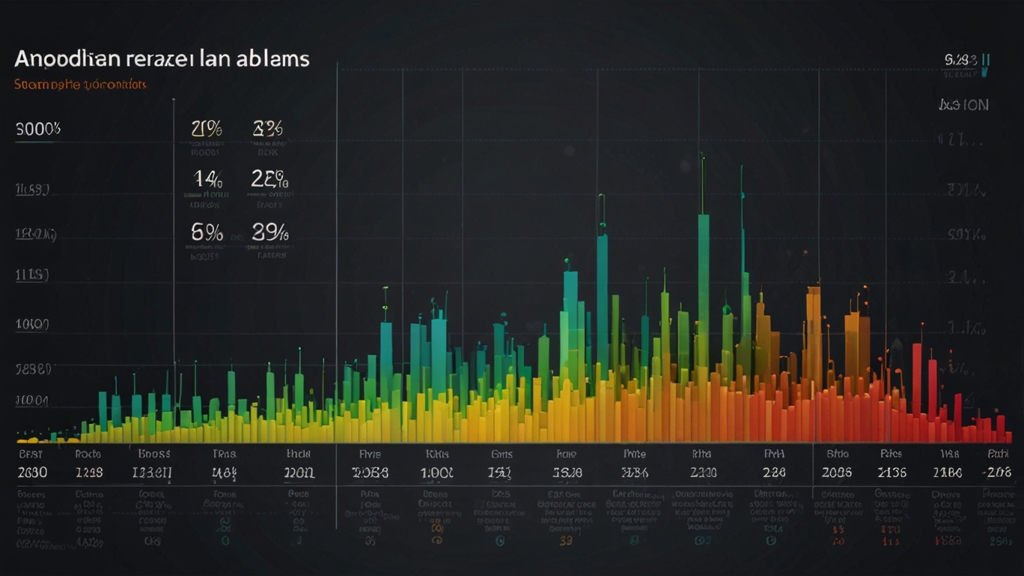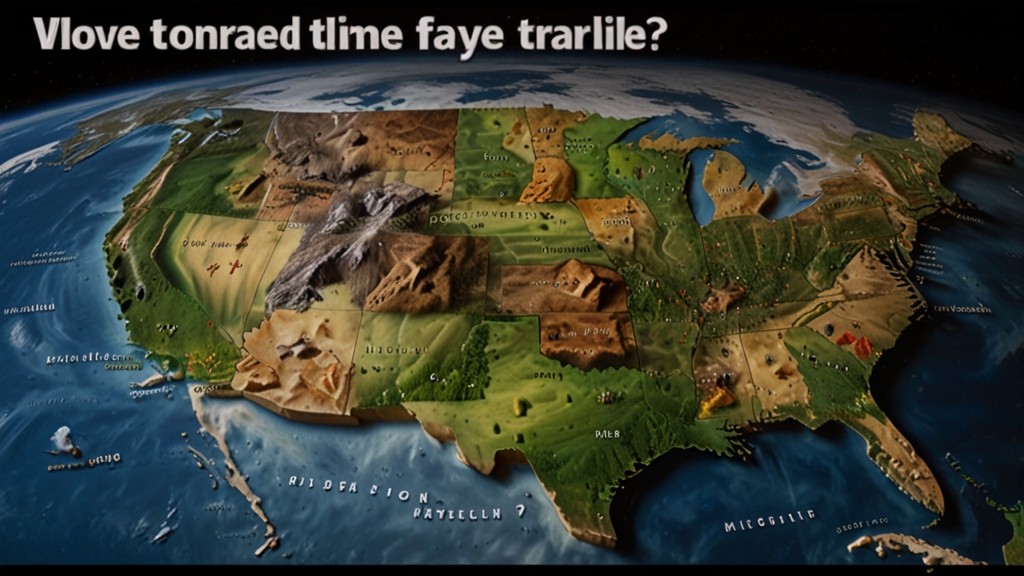What If Jesus Hadn't Died? Exploring Alternate Histories
The crucifixion and resurrection of Jesus Christ is a cornerstone of Christian faith. It is viewed as the pivotal event that offers salvation and eternal life to believers. But what if Jesus hadn't died? How would this alternate history have impacted religious, cultural, and political landscapes?
A Shift in Religious Doctrine
Christianity centers around the belief that Jesus' death and resurrection provided redemption from sin. Without his sacrifice, the fundamental tenet of atonement would be absent. This would create a drastically different theological framework. The early Christian movement might have been seen more as a continuation of Judaic teachings rather than a blending of old scriptures with new revelations.
"If Jesus hadn't died, Christianity might have struggled to distinguish itself from Judaism. His crucifixion symbolized a break from the old covenant and the establishment of a new, universal faith."
Impact on Religious Spread
Without the dramatic event of resurrection, the fervor and urgency that propelled early Christian evangelism might have been significantly muted. The narrative of a savior conquering death was a powerful tool for conversion. In its absence, the spread of Christianity across the Roman Empire and beyond could have been much slower, if it happened at all.
Furthermore, the martyrdom of Jesus was a pivotal element that inspired countless followers to embrace and spread his teachings, often at great personal risk. The absence of his death might have resulted in a smaller, more localized belief system that lacked the dramatic impetus to become a global religion.
Political Ramifications
The Roman Empire's adoption of Christianity in the early 4th century under Emperor Constantine was a watershed moment. This endorsement was, in part, due to the widespread and fervent belief in Jesus’ resurrection. Without this element, Constantine might have sought ideological unity through another burgeoning religious or philosophical system.
"Constantine's conversion to Christianity wasn't just a personal choice; it was a political strategy. He saw in the Christian faith a means to unite his empire. Without the compelling story of Jesus' resurrection, he might have turned elsewhere."
Cultural Consequences
The cultural landscape of the Western world would be immensely different. The arts, music, literature, and even the calendar (with its B.C. and A.D. demarcations) are heavily influenced by the life and death of Jesus. Without his crucifixion, many of the world’s greatest works of art—from Michelangelo’s "Pieta" to Bach's "St. Matthew Passion"—would never have been conceived.
Moreover, moral and ethical frameworks derived from Christian teachings would not have taken root in the same way. Concepts such as forgiveness, grace, and unconditional love, integral to Christian ethics, might not have held the same sway without the narrative of Jesus' ultimate sacrifice.
Theological Speculations
Another layer of this alternate history involves the multitude of theological speculations. Some might argue that Jesus’ continued physical presence could have led to a utopian society. Others could contend that his survival would have inevitably led to his persecution or obscurity, nullifying much of his spiritual impact.
"Had Jesus not died, his teachings might have remained those of a provincial preacher rather than a universal savior."
Conclusion
The death and resurrection of Jesus Christ is more than a theological doctrine; it is a transformative event that shaped history in profound ways. Its absence would have altered the trajectory of religion, politics, culture, and ethics in ways we can only begin to speculate. Exploring these alternate histories underscores the monumental impact of events that many take for granted and invites us to reflect on the fragile threads that weave together the fabric of our world.













